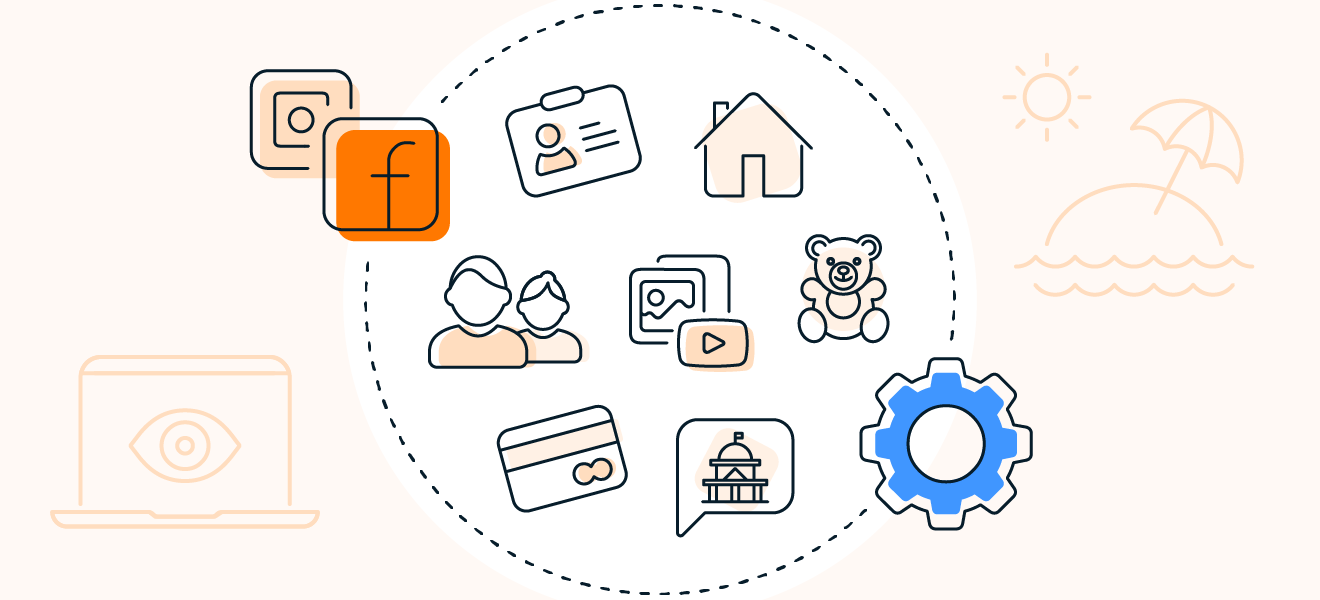
In today's digital age, convenience and data privacy often seem to be at odds with each other. We are constantly surrounded by technology that makes our lives easier and more efficient, but at the same time, we are becoming increasingly aware of the importance of protecting our personal information. Finding the right balance between convenience and data privacy is crucial to navigating the digital landscape safely. In this article, we will explore some tips and strategies to help you achieve this balance and safeguard your data in the digital age.
The Importance of Data Privacy
Data privacy refers to the protection of personal information from unauthorized access, use, or disclosure. Browse this website to learn more about data privacy and security. In today's interconnected world, our personal data is constantly being collected, shared, and stored by various online platforms and services. Here are some reasons why data privacy is essential:
Reasons for prioritizing data privacy:
- Protecting sensitive information such as financial details, medical records, and personal communications
- Preventing identity theft and fraud
- Maintaining trust with customers and users
- Complying with data protection regulations and laws
- Preserving individual autonomy and control over personal data
Strategies for Balancing Convenience and Data Privacy
While it may seem challenging to balance convenience with data privacy in the digital age, there are several strategies you can implement to protect your personal information without sacrificing usability. Here are some tips to help you navigate the digital landscape safely:
Tips for balancing convenience and data privacy:
- Be mindful of the information you share online: Avoid oversharing personal details on social media and be cautious when providing sensitive information on websites and apps.
- Review privacy settings: Regularly review and update the privacy settings on your devices, apps, and online accounts to control who can access your data.
- Use strong passwords: Create unique and complex passwords for your accounts and enable two-factor authentication whenever possible to add an extra layer of security.
- Encrypt your data: Utilize encryption tools to protect your data when transmitting or storing it online, such as using a virtual private network (VPN) or encrypted messaging apps.
- Limit third-party access: Be cautious about granting permissions to third-party apps and services that request access to your personal information, and review their privacy policies before sharing data.
Best Practices for Protecting Your Data
In addition to implementing the strategies mentioned above, there are some best practices you can follow to enhance the security of your personal information and maintain your privacy in the digital age. By incorporating these practices into your daily routine, you can reduce the risk of data breaches and unauthorized access to your data.
Best practices for data protection:
- Regularly update your software: Keep your operating system, apps, and security software up to date to patch vulnerabilities and protect against malware and cyber threats.
- Backup your data: Regularly backup your important files and documents to an external hard drive or cloud storage to prevent data loss in case of a security incident.
- Monitor your accounts: Regularly monitor your bank accounts, credit reports, and online accounts for any suspicious activity or unauthorized transactions.
- Educate yourself: Stay informed about the latest trends in cybersecurity and data privacy, and educate yourself on how to recognize and avoid common online threats.
- Seek professional help: If you have concerns about your data privacy or suspect that your information has been compromised, seek assistance from cybersecurity professionals or data protection authorities.
Conclusion
As we continue to rely on technology for our daily activities, it is important to prioritize data privacy and safeguard our personal information in the digital age. By following the tips and strategies outlined in this article, you can strike a balance between convenience and data privacy and navigate the digital landscape safely. Remember that protecting your data is a continuous process, and staying vigilant and informed is key to staying safe in today's digital world.
